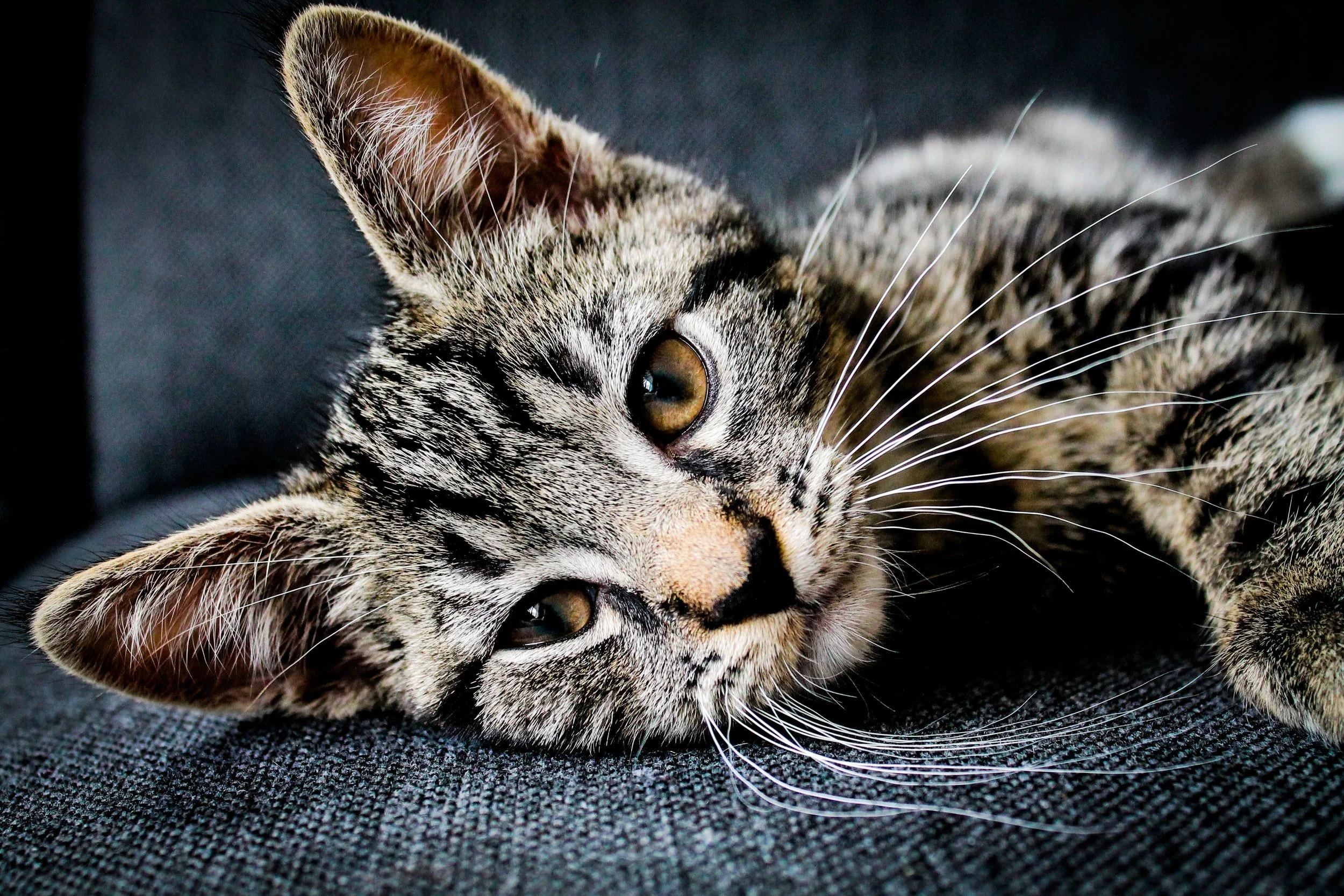Ingrown nails are a common condition in dogs and cats. Just like our nails, your pet’s nails or claws are constantly growing. If they don’t get trimmed or wear down naturally through exercise, they can grow too long. When this happens, they can grow into their paw pad and lead to an ingrown nail. This can be quite painful for your pet and lead to an infection. Luckily an ingrown nail is easy to identify, treat and prevent.
What is an ingrown nail?
An ingrown nail is when an overgrown nail grows into the paw on your pet’s foot. This can lead to paw discomfort, inflammation and lameness. If the nail breaks through the skin, it can lead to pain, bleeding and infection. Often dogs or cats with an ingrown nail with chew or lick the effected paw.
What causes an ingrown nail in dogs and cats?
An ingrown nail is caused by an overgrown nail. If your dog or cat is not naturally wearing down their nails through outdoor exercise or other activities, they will need their nails trimmed regularly. If their nails get too long, they can start to curl around and dig into their sensitive paw pads. This can result in inflammation, sores, bleeding and infection.
This is especially common on dew claws, the nails higher up on your dog or cat’s paw that don’t touch the ground to wear down naturally. It is also common with dogs or cats that have longer coats, making it difficult to see their nails. Older pets can get ingrown nails due to different growth rates, brittle nails and reduced activity as they age. Certain breeds are also prone to nail problems.
What are the symptoms of an ingrown nail?
A quick inspection of your pet’s paw will help you to identify an ingrown nail. The common symptoms of an ingrown nail include:
Curved nail
Chewing or licking foot
Sensitive paw
Inflammation of the pad, toe or foot
Bleeding or sore on paw pad
Limping or lameness
Reduced activity
Ingrown nail treatment
An ingrown nail is relatively easy to treat, depending on how far the nail has progressed and the extent of the damage to the paw pad. Due to the risk of infection and sensitivity of the paw it is best to take your dog or cat to the vet to have it treated.
Your vet will generally clip any excess fur around your pet’s paws and trim their nails. The ingrown nail will be examined, clipped and removed from the paw pad if required. The wound will then be cleaned and treated for any infection that may be present. Some pets may require a bandage on their foot, depending on the severity of the wound. Anti-biotics may also be prescribed as a precaution against more serious infection.
Your vet will give you instructions on how to care for their paw when you return home to aid healing.
How to prevent an ingrown nail
Regular exercise – offer your pet regular exercise that includes moving around on surfaces such as concrete, asphalt and other abrasive surfaces that will help to naturally grind down their nails.
Regular nail trims – your pets nails should be checked and trimmed every 4-6 weeks. This can vary based on your pets age, lifestyle and breed. For tips on how to trim your pet’s nails click here. If you don’t feel confident trimming your pet’s nails, get in touch with your groomer or vet to do this for you. They can also teach you how to trim your pet’s nails in the future.
Trim excess fur between their toes – if your pet has excess fur on the bottom of their paws, keep them trim. Do this by brushing out excess fur and trimming it to the same height as the paw pads. If you don’t feel confident, get in touch with your groomer or vet to do this for you.
Check their paws regularly – inspect your pets nails regularly for signs of overgrowth, sensitivity, inflammation or bleeding. Speak to your vet as soon as you notice any signs of an ingrown nail to prevent further discomfort and progression of the nail.
Ingrown nails can be painful for your pet and lead inflammation, sores, bleeding and infection. It is easy to prevent ingrown nails through regular exercise and grooming. If you have any concerns about your pet’s paws or health, please call us on 03 8784 4444.






